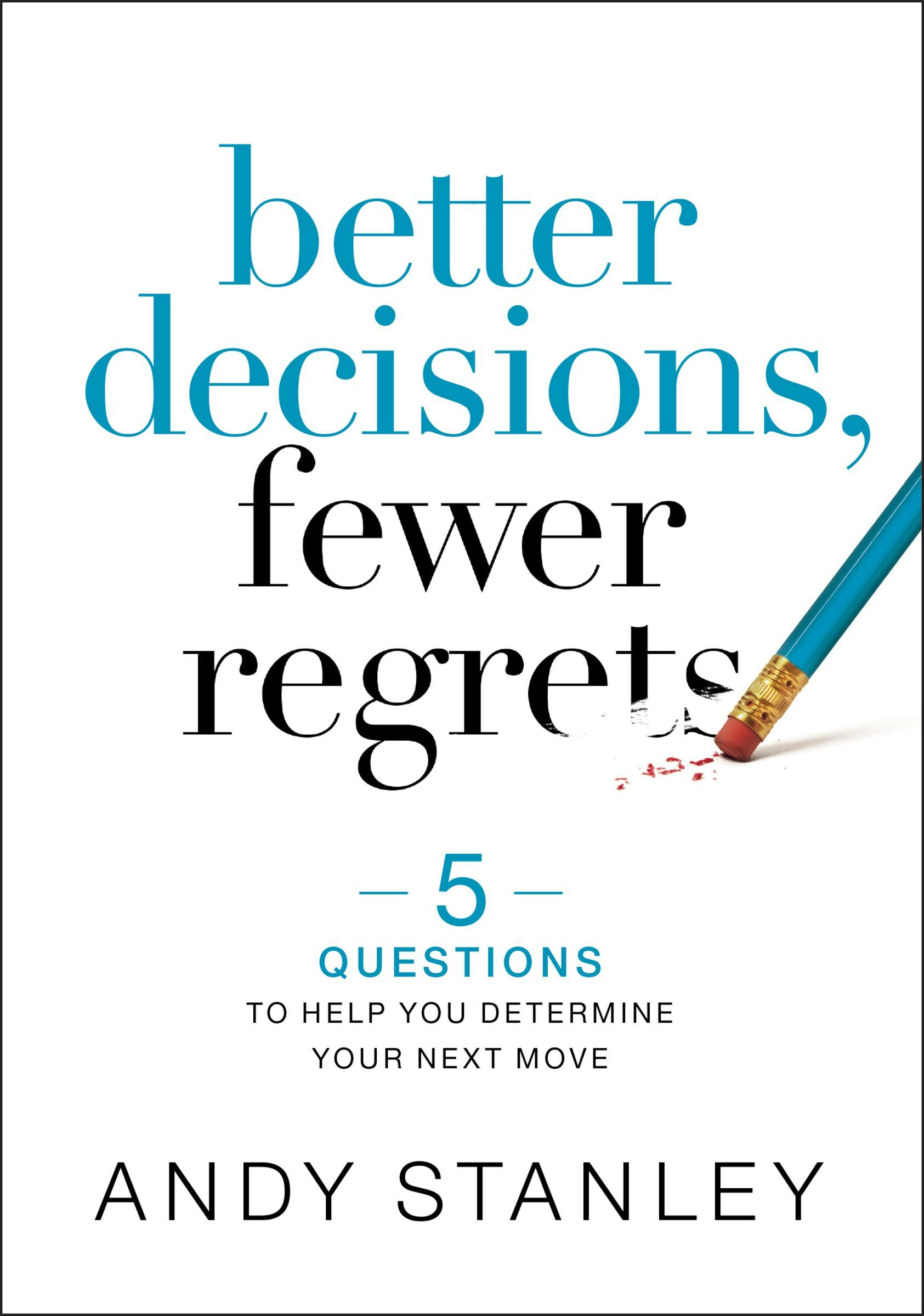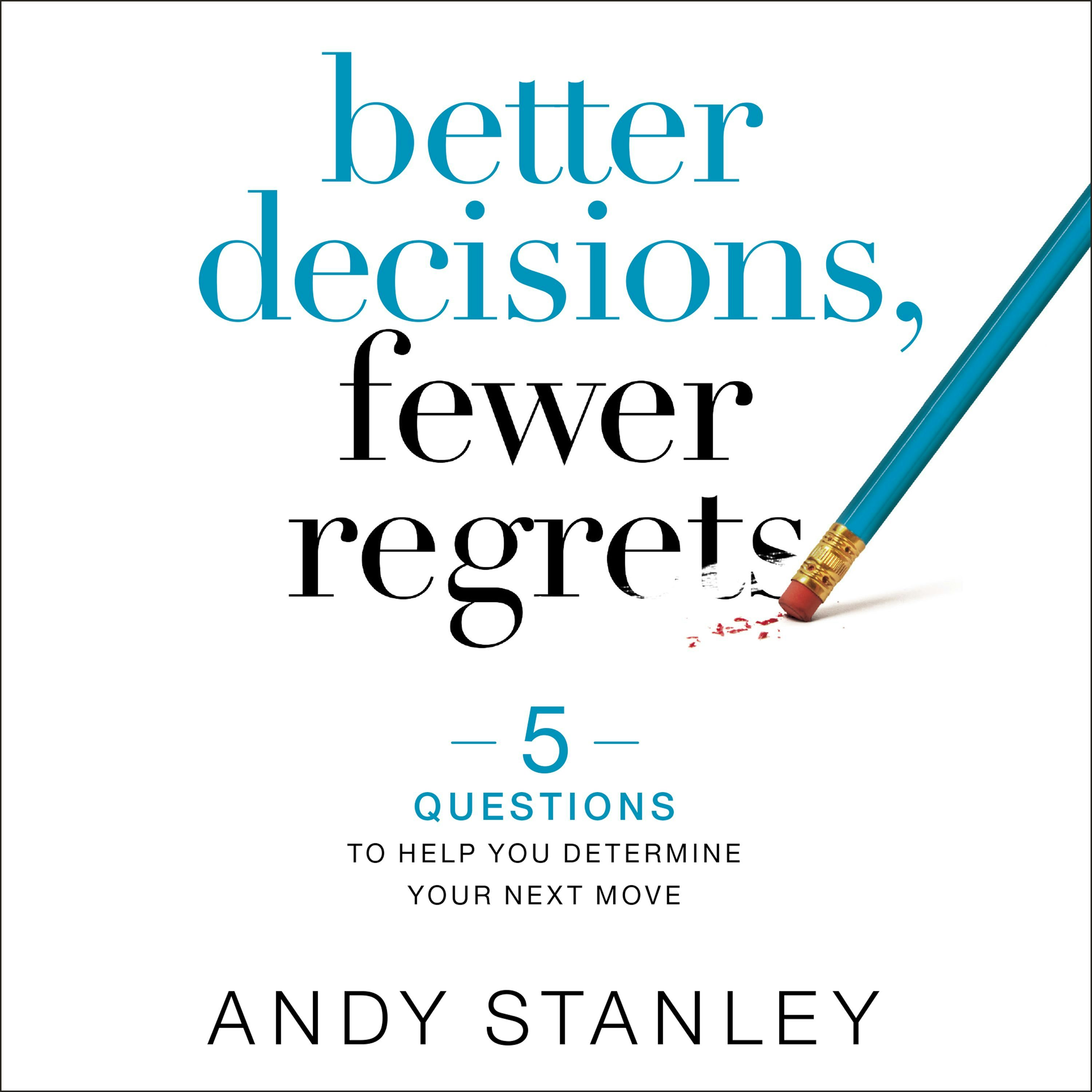



There is one more way of describing people but it mainly deals with telling the facts from people’s history and background. You have just used a great variety of words to describe mostly appearance and character. If the suggested words are agreed upon, the student’s score is counted, and another student takes the turn.Īfter the groups have produced their sentences, the teacher draws the students’ attention to the fact that not only adjectives (which is quite common) but also other parts of speech can be used for describing Other students may question the suggested vocabulary. First, I.Īfter the player is chosen (or appointed), he / she contributes a sentence to the story using as many words from the list as possible. The beginning of the story may be as follows (depends on the teacher): I’ve had a wonderful summer this year. The student who gets the highest score wins. Each word is assigned a certain number of points, and it mayīe used only once. After that, the rules are explained: the teacher starts telling the story, and the students must continue it when the teacher stops using as many words from the list in their sentences as possible. The teacher gives the handout to each student and checks if all the words are familiar. This is a competition, in which students try to score as many points as possible by continuing a story started by the teacher using a given set of words. In this case, it is not bad to think of a small prize for the winner. This can be done in pairs or groups to save the time. ( Usually, I am not keen on travelling.)ģ) to / give / chance / never / a / despair! ( Never give a chance to despair!)Ĥ) person / a / you sociable / are / very ? ( Are you a very sociable person?)ĥ) the / it / in / to / was / sail / interesting / ocean? ( Was it interesting to sail in the ocean?)Ħ) for / this / work / person / does / Microsoft? ( Does this person work for Microsoft?) ( You and I will come to class tomorrow.)Ģ) travelling / I / on / not / am / usually / keen. If you do it correctly, reading every third word you will find a message.ġ) class / will / you / to / and / tomorrow / come / 1. Science and technology in English-speaking countries _188 Science and technology in English-speaking countries. Science and technology in English-speaking countries _181 Lesson 46. Exam practice.167Įnglish-speaking countries. It's time to start deciding with our heads instead of with our guts.ĭesigned for use with the Better Decisions, Fewer Regrets Video Study available on DVD or streaming video, sold separately.Lesson 33. Focus on the relational impact of decisionsĮvery decision we make impacts our stories and the stories of those closest to us.Pause when feeling tension over a decision.These five simple questions will empower you to:
#BETTER DECISIONS FEWER REGRETS STUDY GUIDE DOWNLOAD#
In this six-session video study (DVD/digital download sold separately), author and pastor Andy Stanley gives you five key questions to ask when you have a decision to make and you're not sure what to do (or even if you think you do know what to do!). You can train yourself to ask well-placed, appropriately timed, thought-provoking questions that will result in stronger decisions and fewer disappointments down the road. Most of the time, it's impossible to know what will come of the decisions we make. Our decisions don't just affect our present circumstances they radiate into our future. Uncover the five key questions that can change everything about your decision-making process and rewrite the story of your life.one decision at a time.


 0 kommentar(er)
0 kommentar(er)
